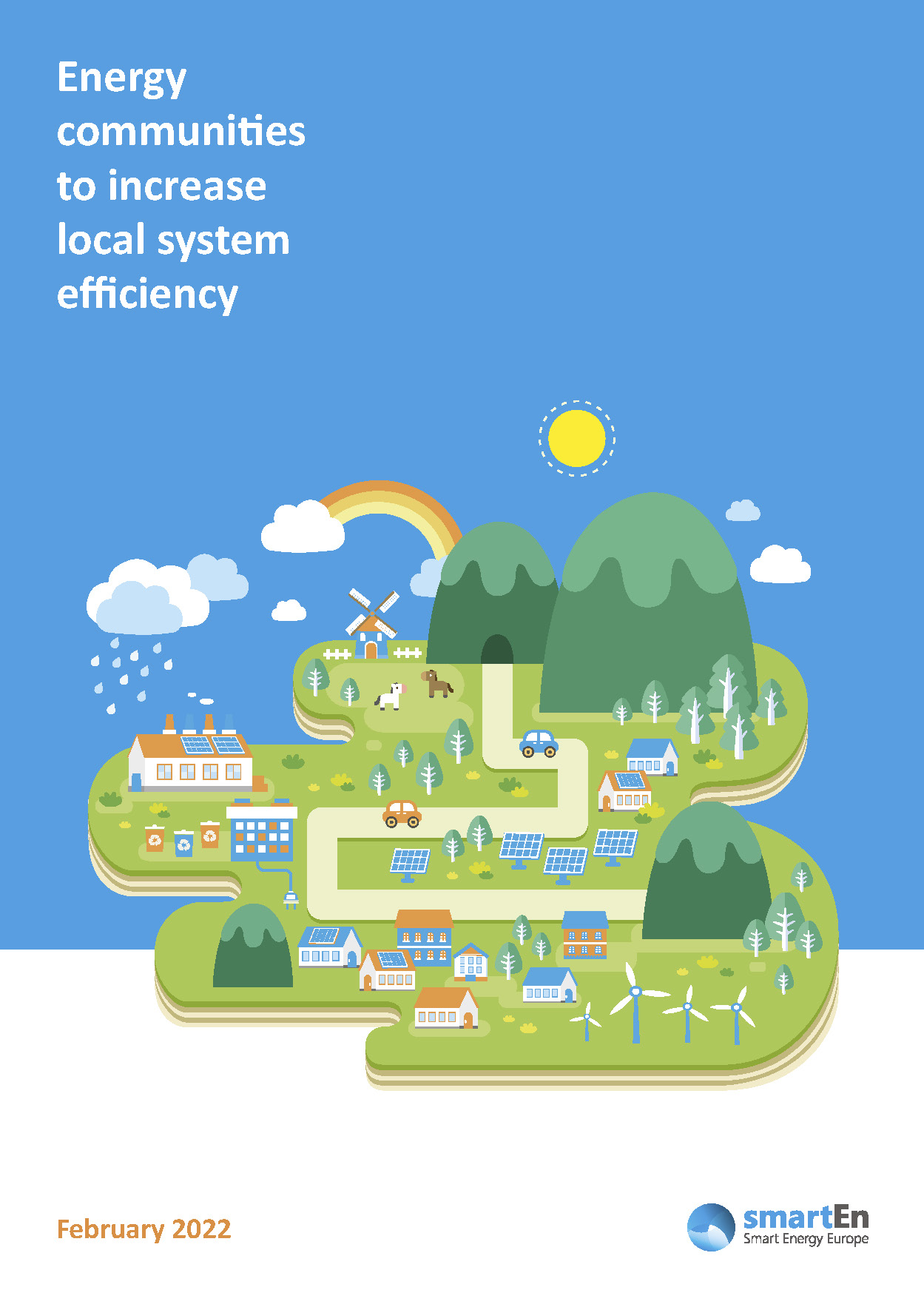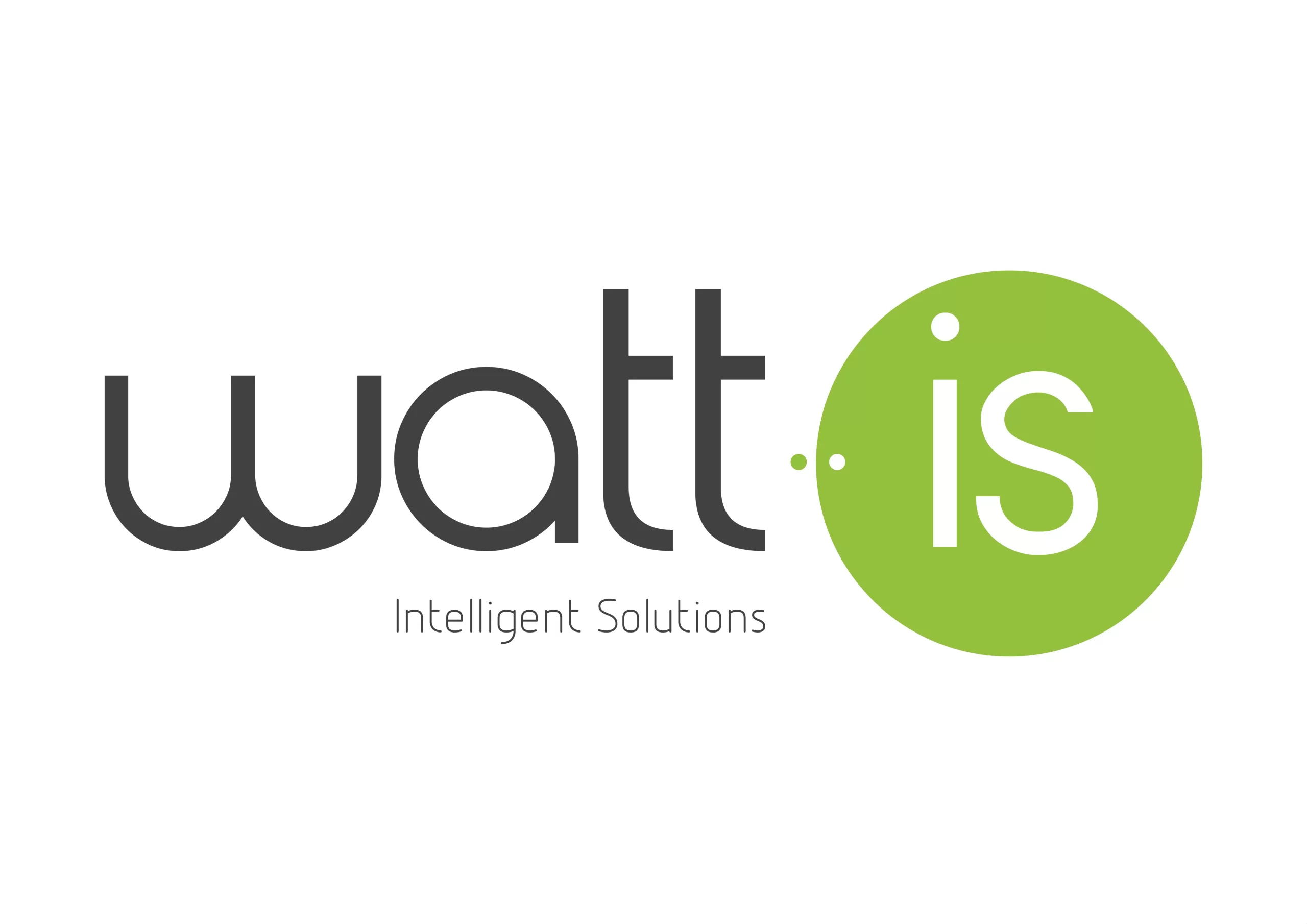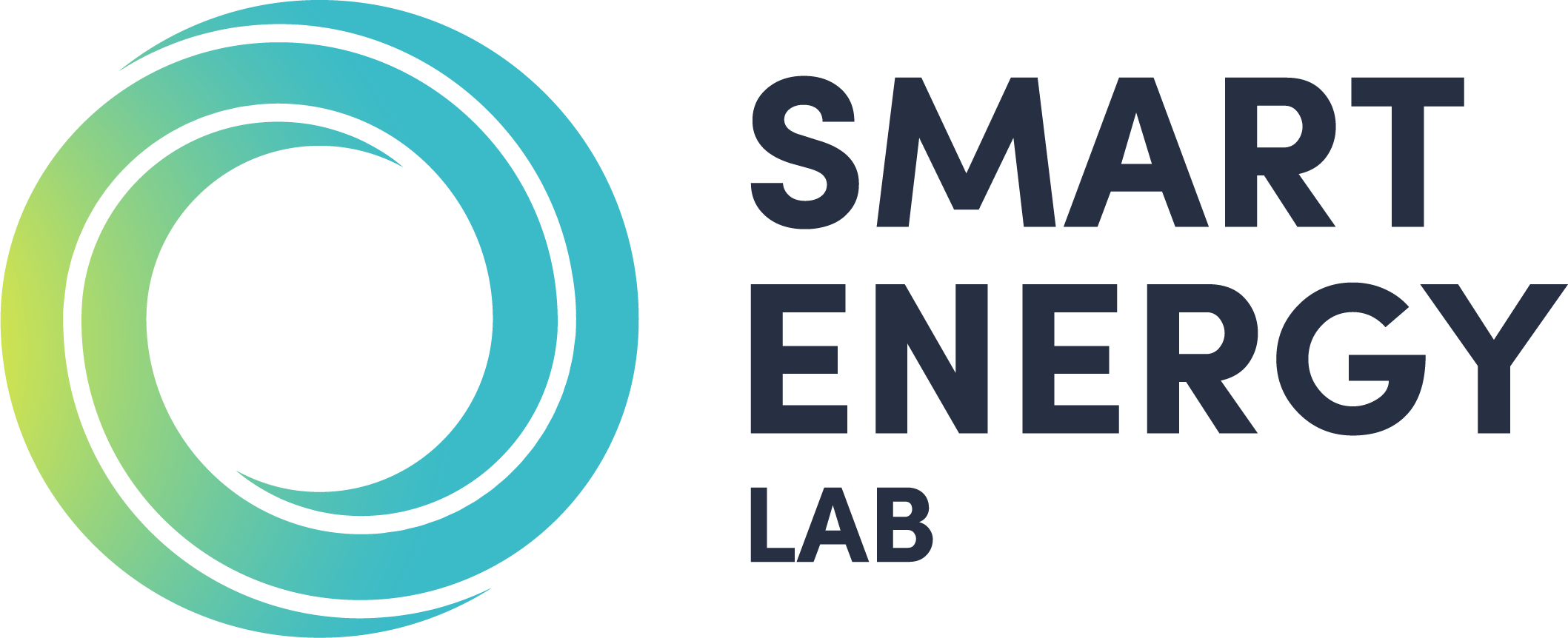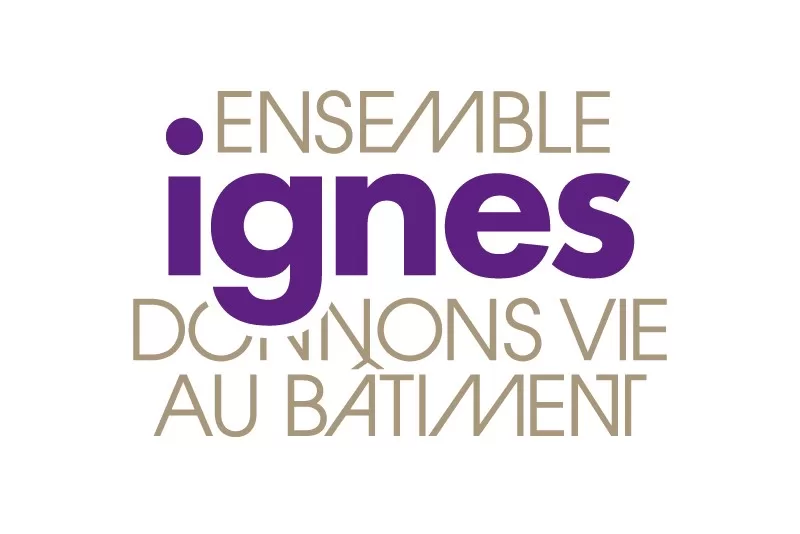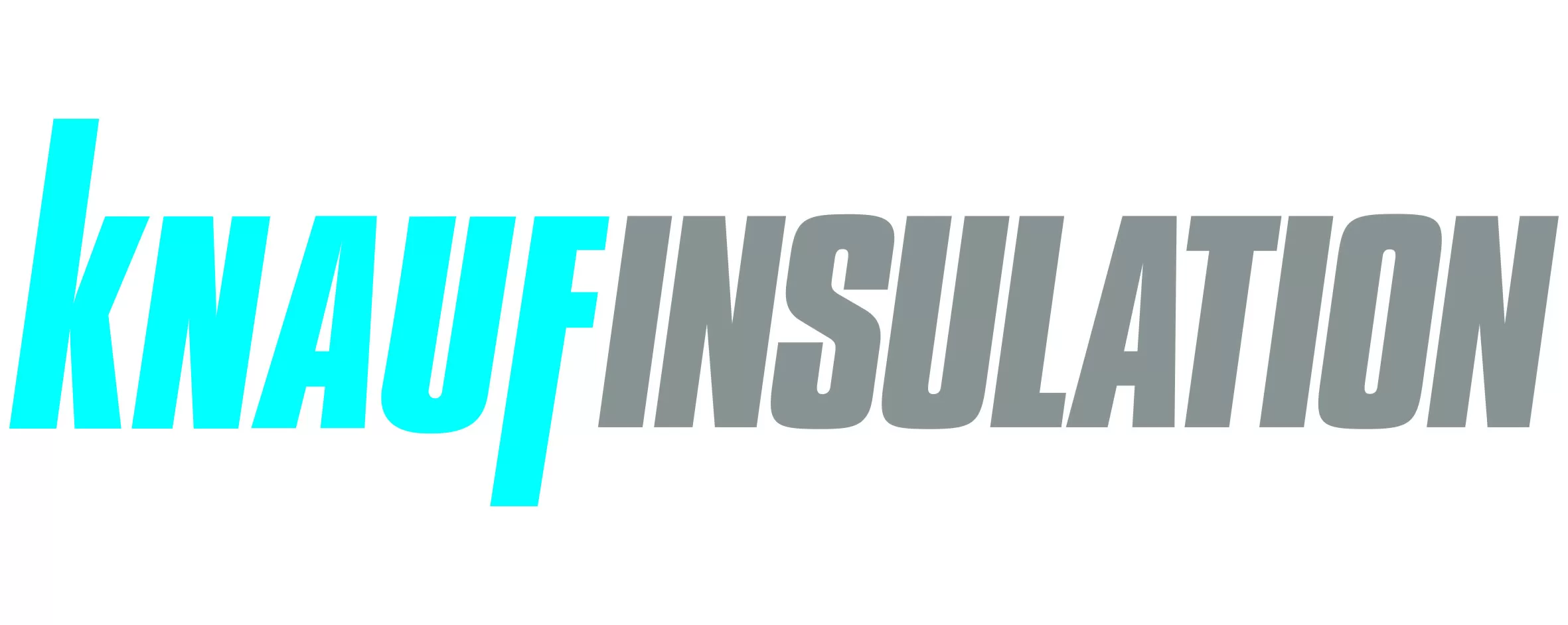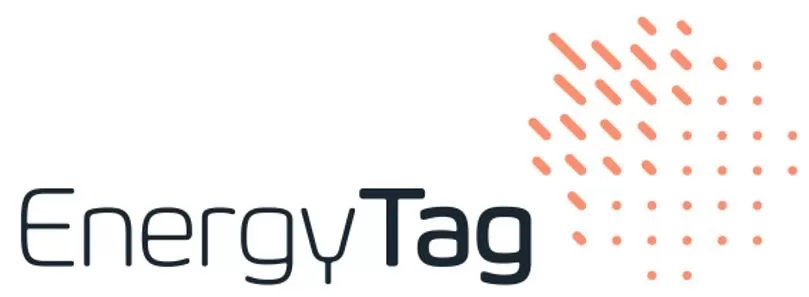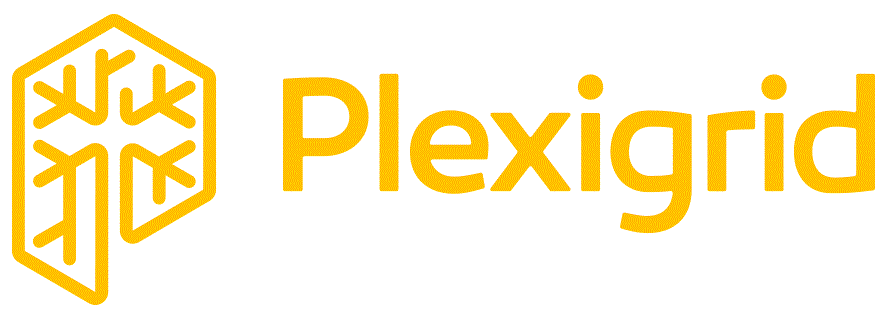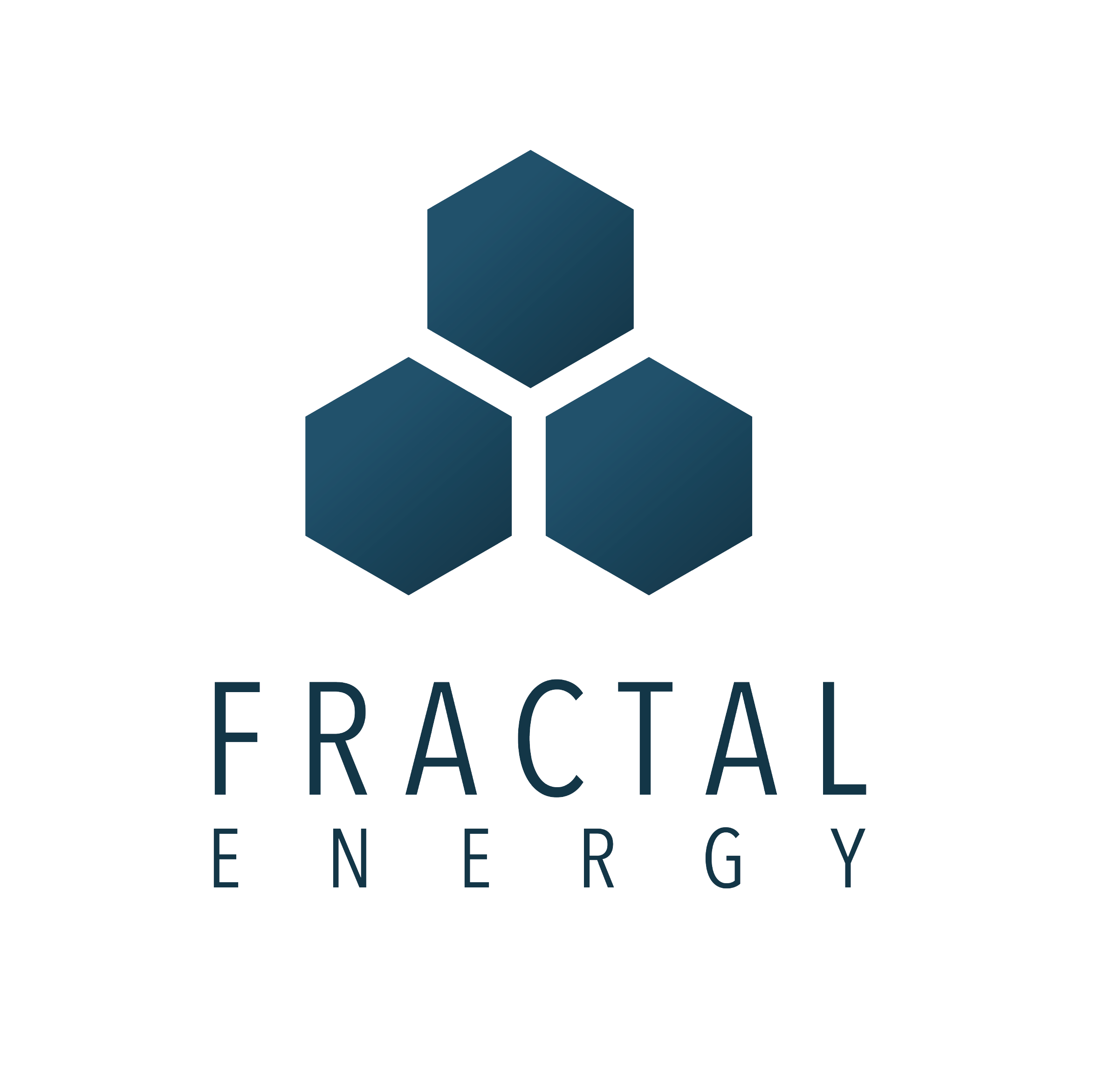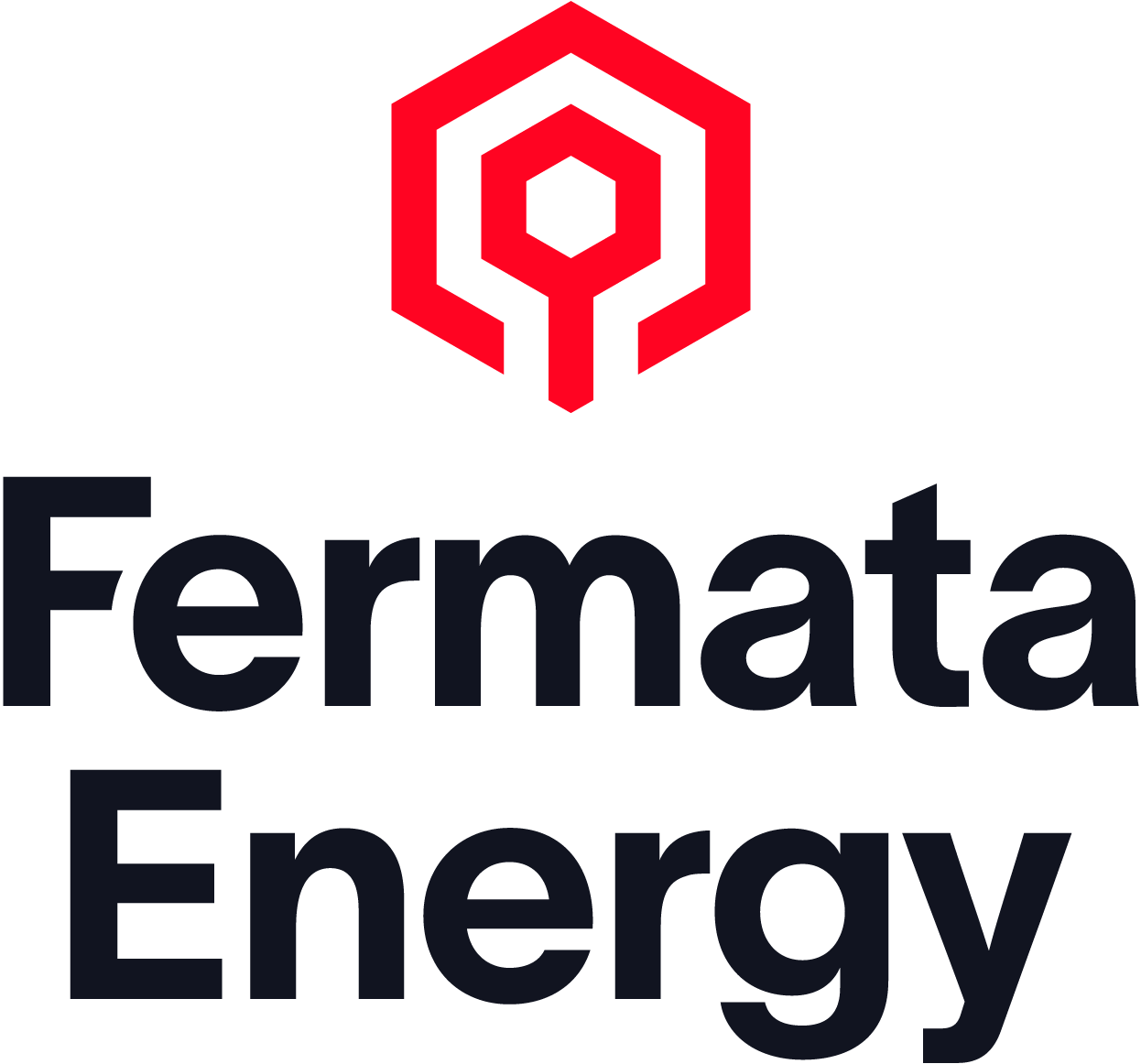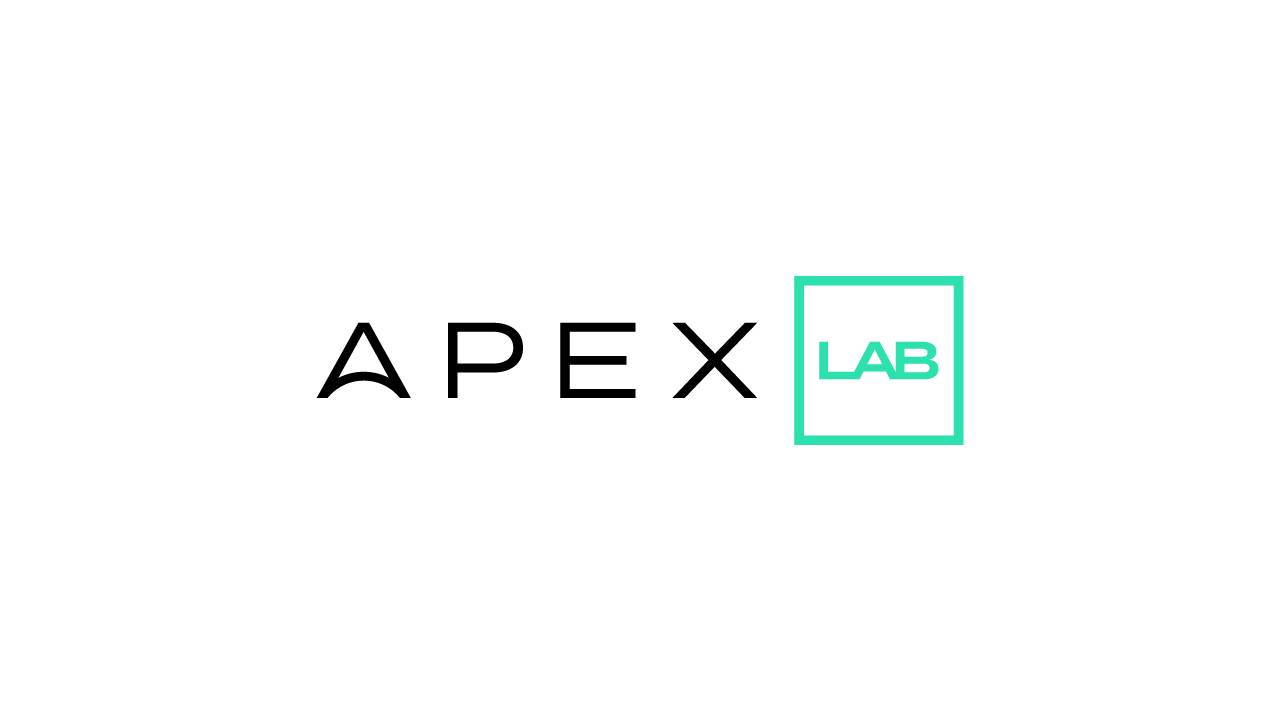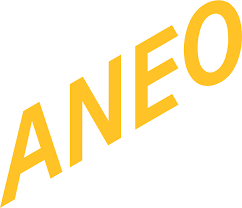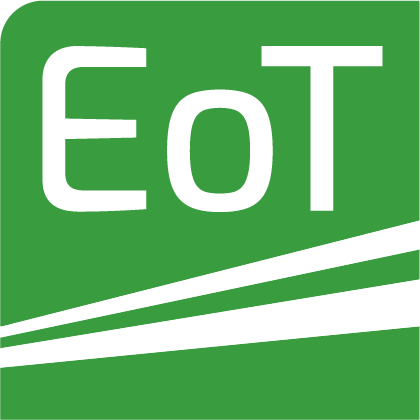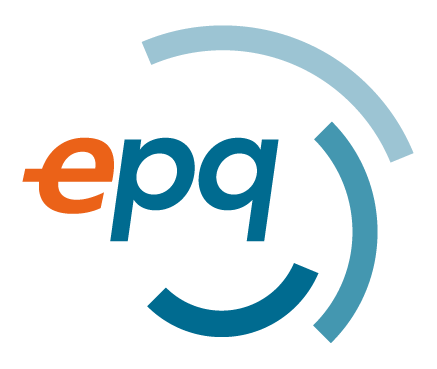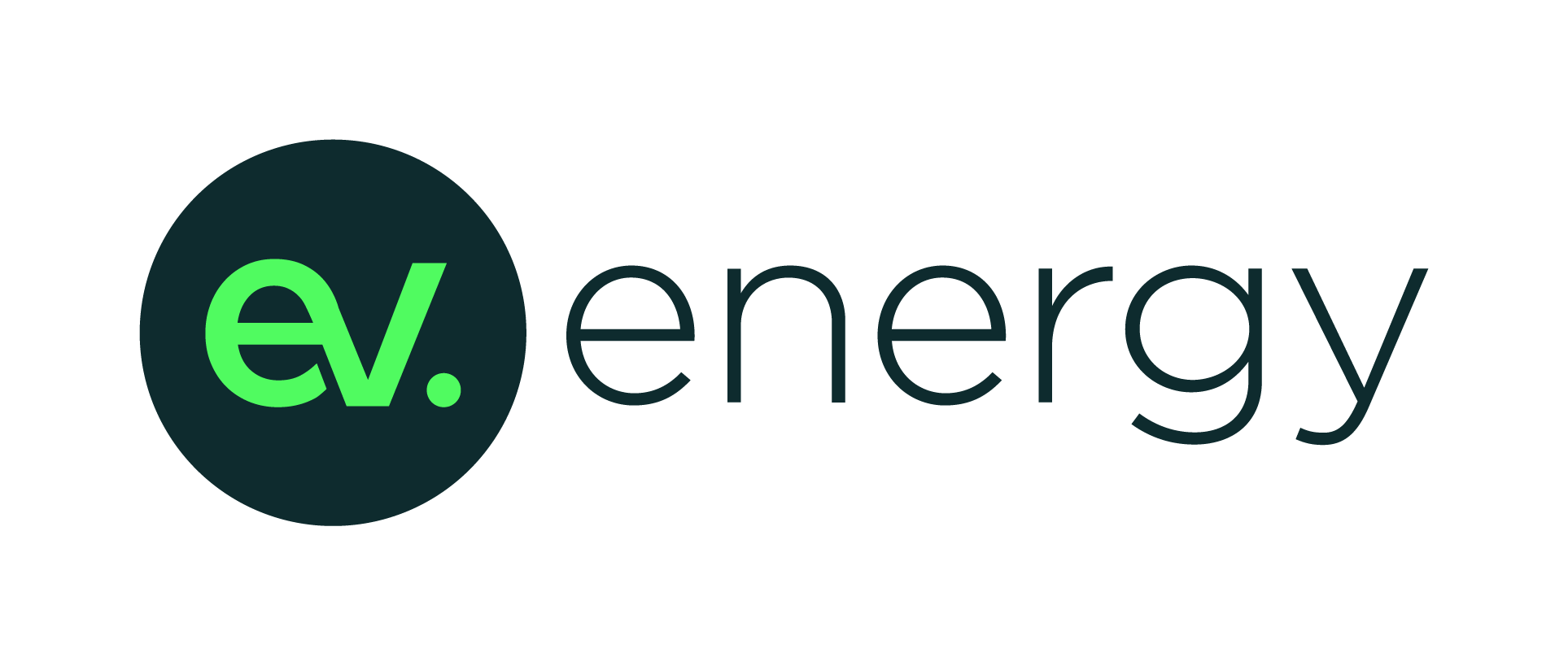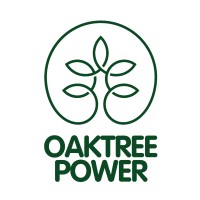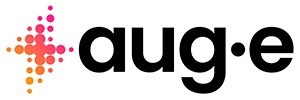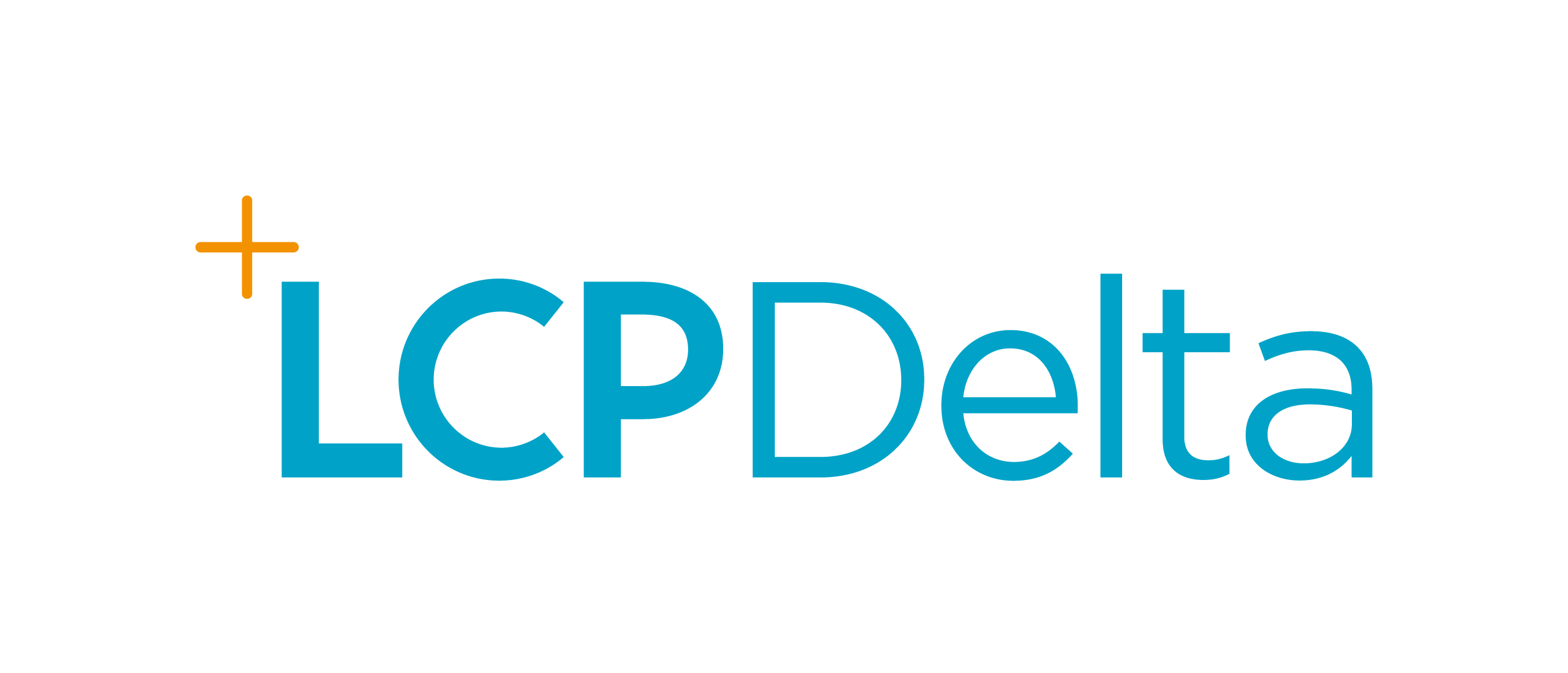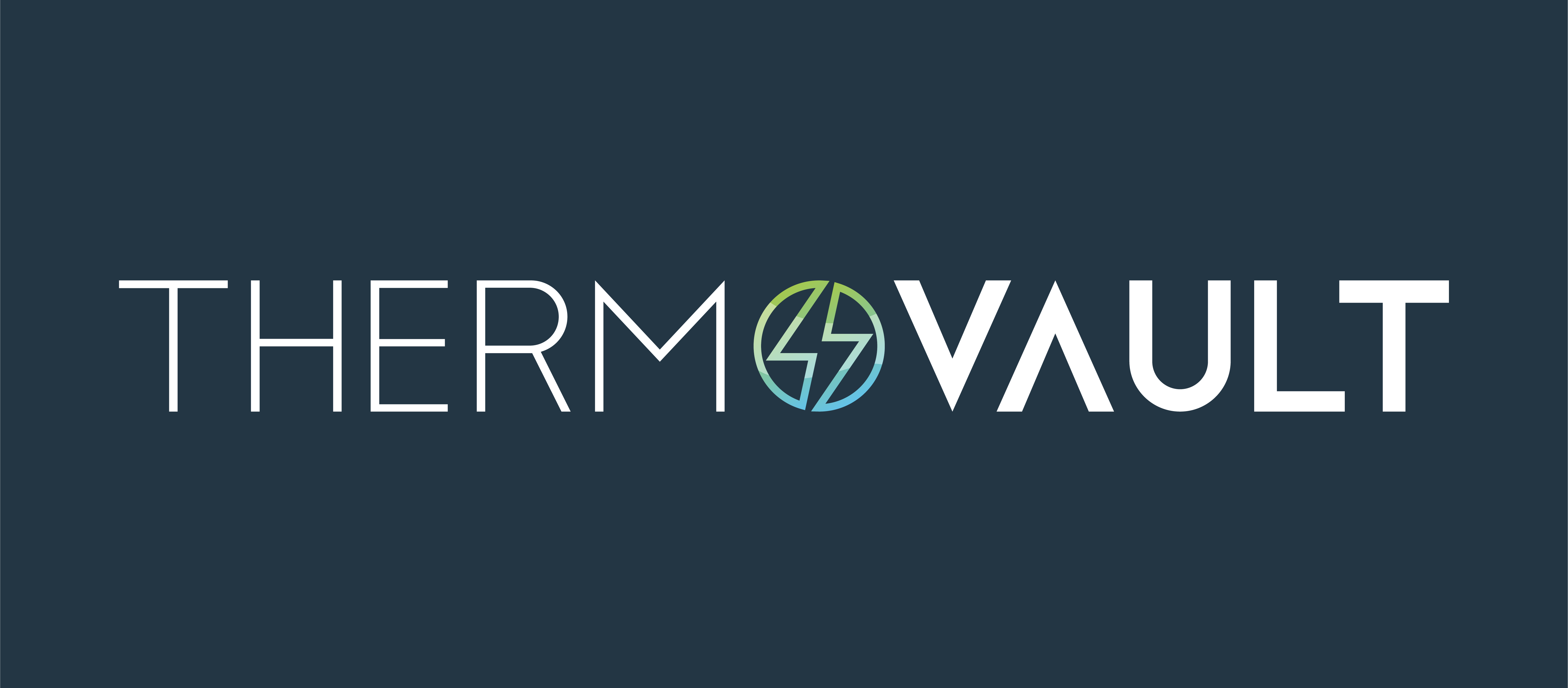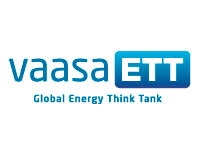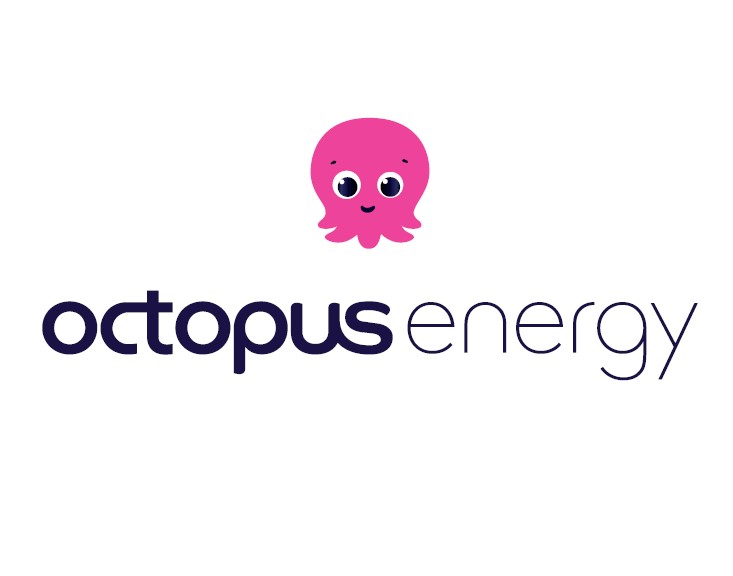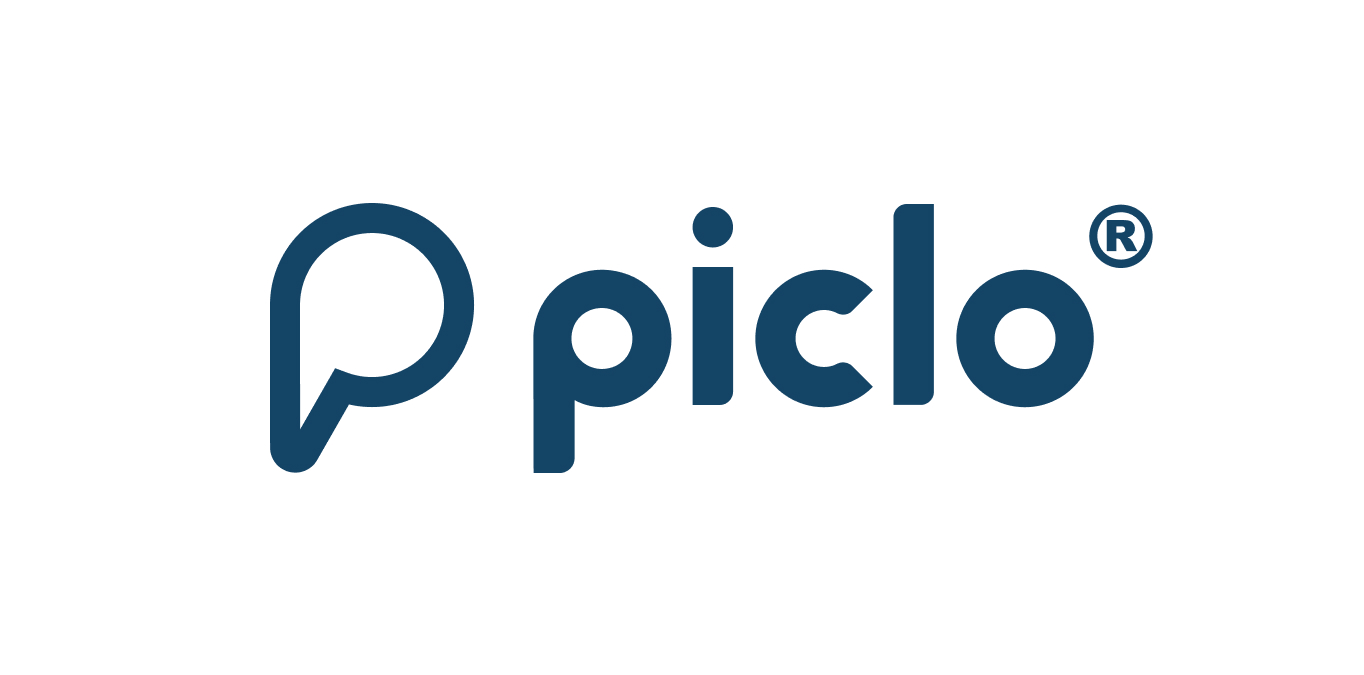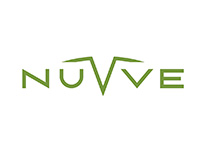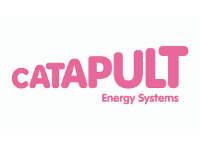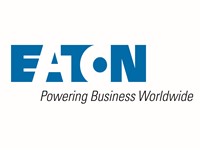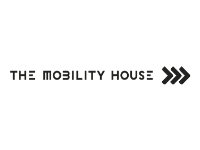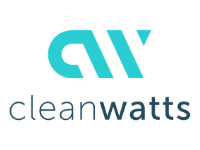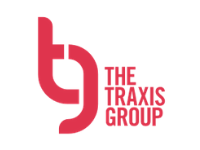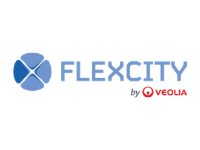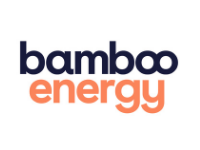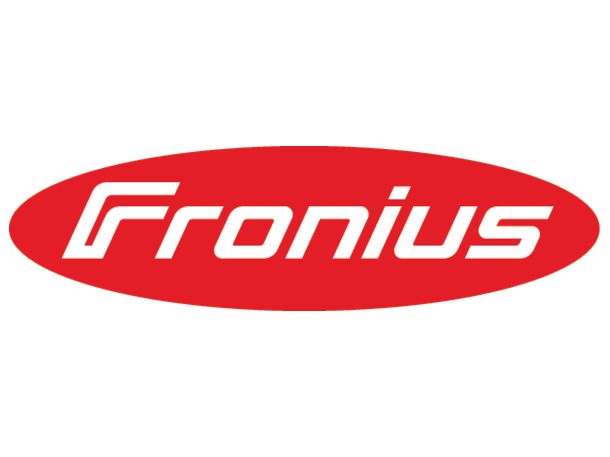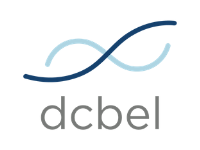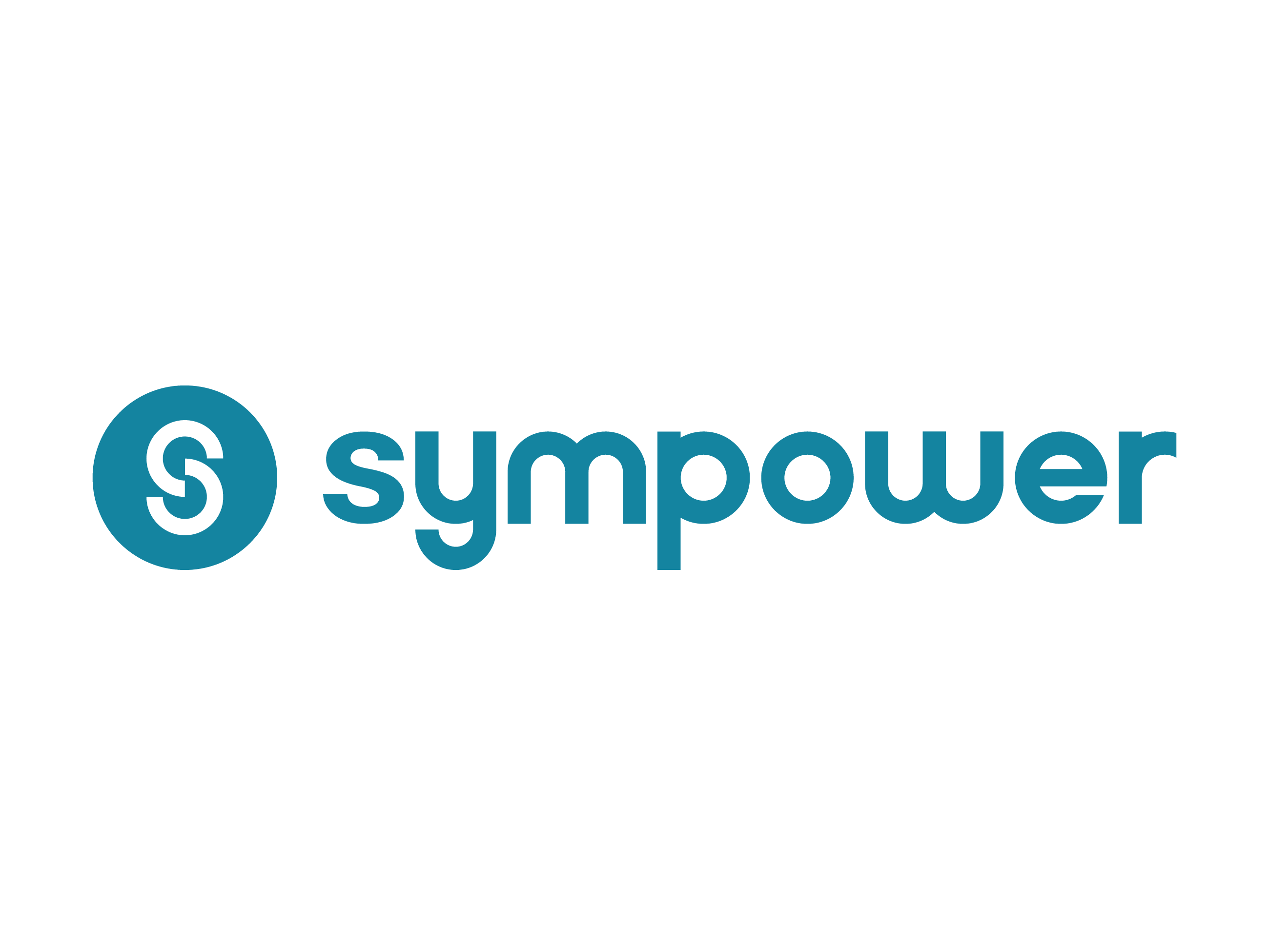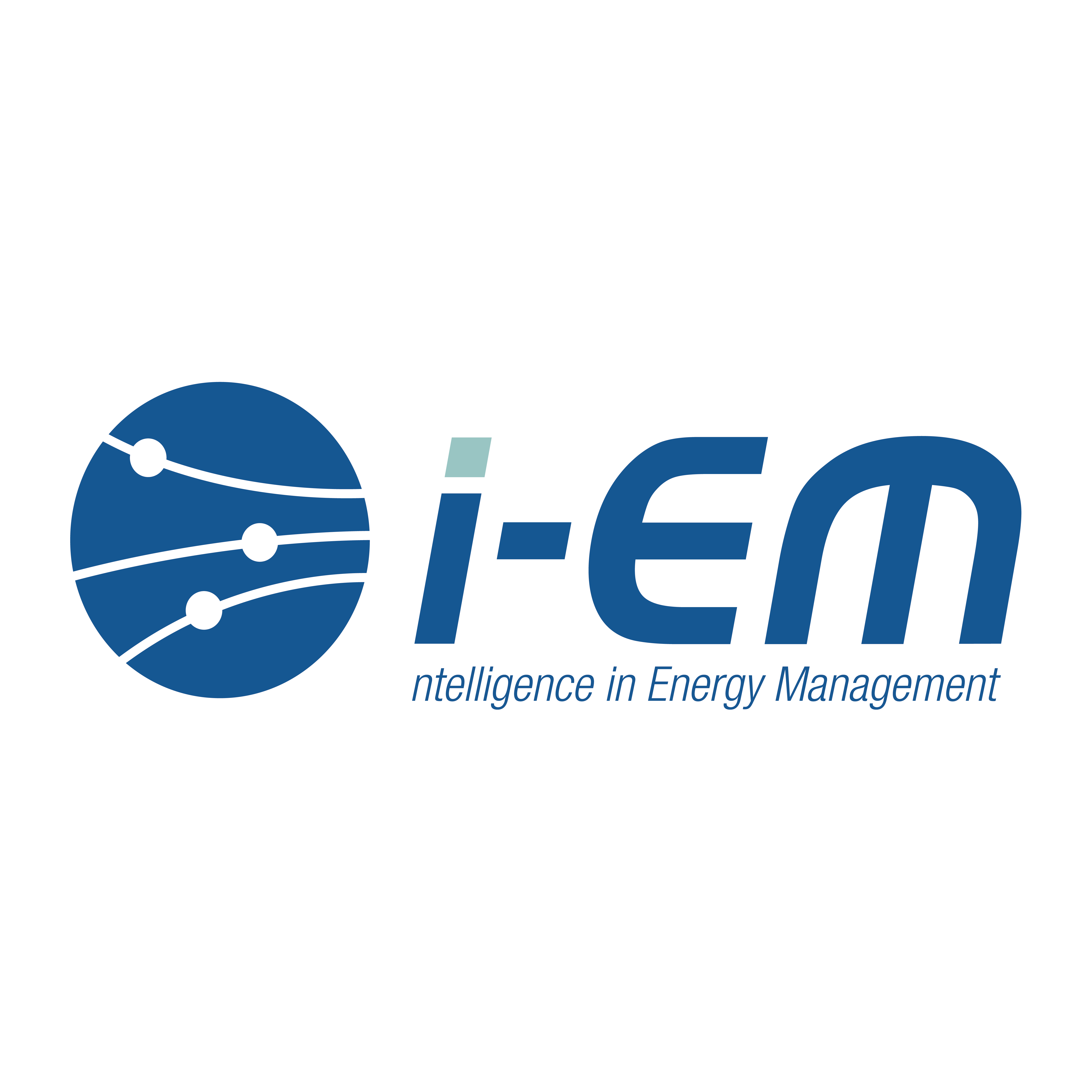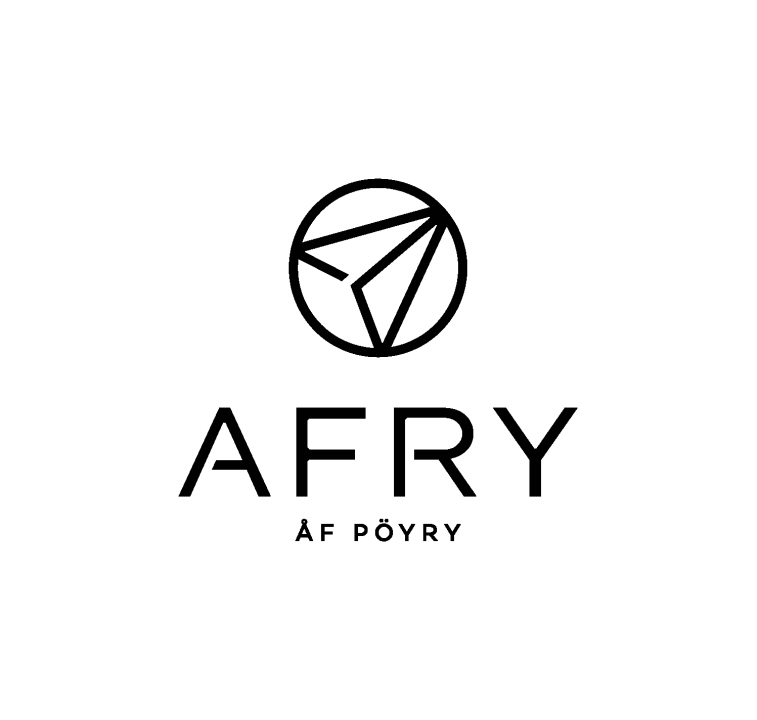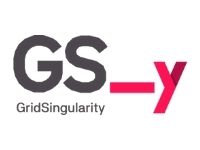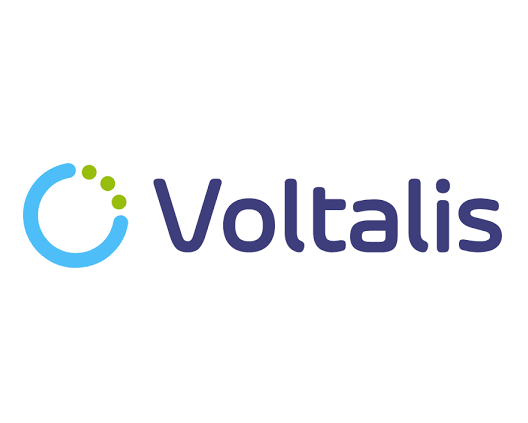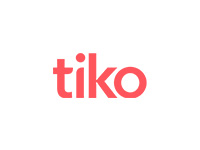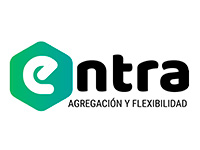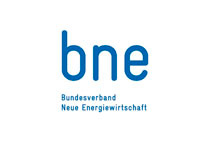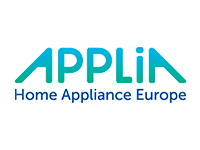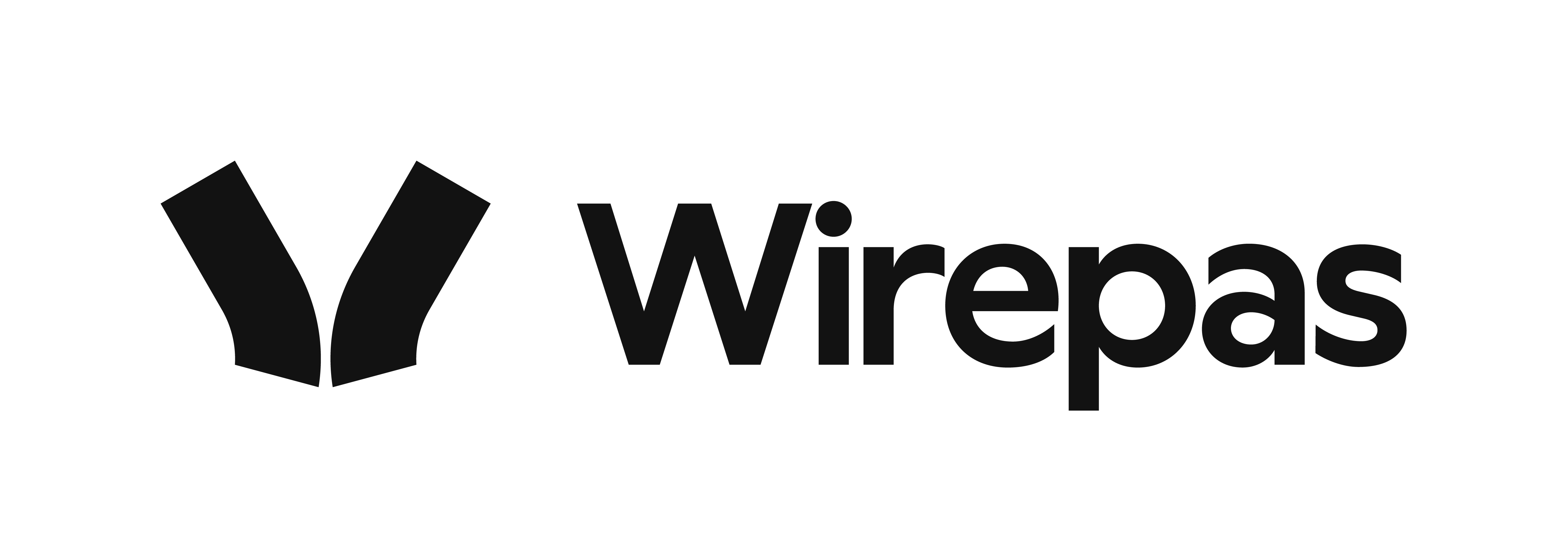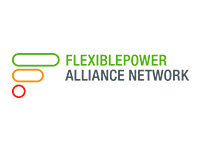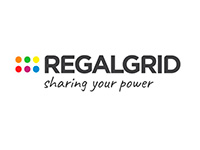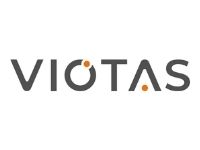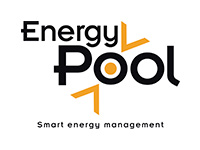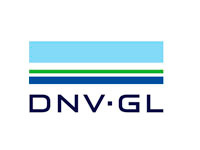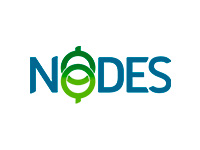A new report on how energy communities can increase local system efficiency was presented today by smartEn, the European business association integrating the consumer-driven solutions of the clean energy transition.
The document identifies how energy communities can strengthen their business model, while also optimizing the use of the existing grid, delaying and avoiding grid expansion, integrating more renewable energy, while electrifying transports and buildings. It also explores supporting services that could contribute to the further development and scaling up of energy communities as well as recommendations that could boost their efficiency and effectiveness.
The key takeaways of this documents are the following:
- Energy communities can generate savings by collective self-consumption, avoidance of transmission network charges, avoidance of grid expansion and increased resilience;
- Financing, aggregation, facilitation and information analysis services could help scale up energy communities;
- To unlock their potential, member states should fully implement the Clean Energy Package, remove arbitrary geographic and local plants limitations, encourage SMEs and C&I involvement and revise national network tariffs;
- The Commission should help harmonize rules and regulations among EU member states and ensure DSO transparency.
Today the report was presented by the lead author Layla Sawyer in a smartEn webinar.
Michael Villa, smartEn Executive Director, stressed: “Energy Communities have a very important role to play in the energy transition. Although they can provide many different kinds of services to their members, as smartEn, we are particularly interested in how they can contribute to integrating more renewables while using the local grid as efficiently as possible”.
Luisa Matos, Cleanwatts Co-Founder, Chief Innovation Officer and Chief Operation Officer, Sarah Jane Jucker, EPQ Co-Founder and Managing Partner, and Cristina Mata Yandiola, Powerledger Europe representative, presented case studies from Portugal, Italy, and Australia that portray the enormous contribution of Energy Communities to the active participation of end-users and citizens.
As stated in the recent State of the Energy Union report, at least 2 million people in the EU are already involved with more than 7700 energy communities, and the engagement is on the rise. They have also contributed up to 7% of nationally installed capacities of renewables, estimated at 6.3 GW.
You can find the report here and you can revisit the event through this link.

